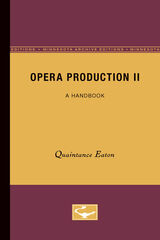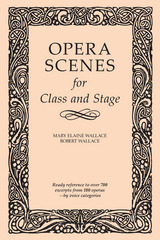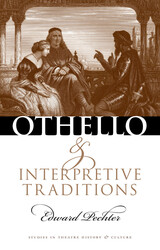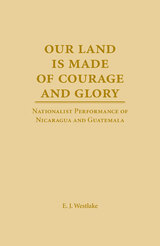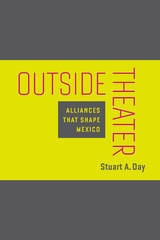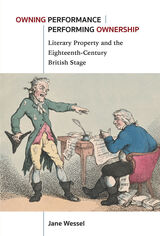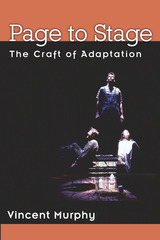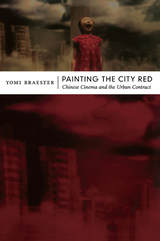Crip Authority: Disability and the Art of Consolation in the Renaissance
University of Michigan Press, 2025
Cloth: 978-0-472-07761-8 | Paper: 978-0-472-05761-0 | eISBN: 978-0-472-90519-5 (OA)
See other books on: Bearden, Elizabeth | Consolation | Disability | Literary Collections | Renaissance
See other titles from University of Michigan Press
Cloth: 978-0-472-07761-8 | Paper: 978-0-472-05761-0 | eISBN: 978-0-472-90519-5 (OA)
ABOUT THIS BOOK | AUTHOR BIOGRAPHY | REVIEWS | TOC | REQUEST ACCESSIBLE FILE
ABOUT THIS BOOK
Crip Authority explores how Renaissance writers and artists with disabilities drew on consolatory literature to enhance their authority and create a sense of disability community across the centuries. Elizabeth B. Bearden considers how Renaissance writers and artists understood their lived experiences of disability by drawing on the ancient genre of consolation, which aims to comfort people for a variety of hardships, including mental and physical disability. Renaissance writers used the art of consolation to resignify the mental and physical disabilities that their society frequently scorned into an expression of their military, spiritual, political, and most importantly for this study, writerly authority. Bearden names this kind of defiant authorial self-representation crip authority, thereby transgressively cripping our society’s ableist notions of who has the ability and authority to write.
Disabled authors include Francesco Petrarca, Teresa de Cartagena, Giovani Paolo Lomazzo, Miguel de Cervantes Saavedra, Robert Burton, and John Milton. They all explore their experiences of disability, but their work has rarely or never been considered from a disability studies perspective. Bearden thus brings today’s models of disability studies and crip theory together with early modern articulations of disability based on ancient and Renaissance models of military, political, biblical, and literary authority. In sum, Crip Authority makes a significant contribution to the growing field of early modern disability studies and invites us to rethink the extent of crip history and the endurance of disability gain.
Disabled authors include Francesco Petrarca, Teresa de Cartagena, Giovani Paolo Lomazzo, Miguel de Cervantes Saavedra, Robert Burton, and John Milton. They all explore their experiences of disability, but their work has rarely or never been considered from a disability studies perspective. Bearden thus brings today’s models of disability studies and crip theory together with early modern articulations of disability based on ancient and Renaissance models of military, political, biblical, and literary authority. In sum, Crip Authority makes a significant contribution to the growing field of early modern disability studies and invites us to rethink the extent of crip history and the endurance of disability gain.
See other books on: Bearden, Elizabeth | Consolation | Disability | Literary Collections | Renaissance
See other titles from University of Michigan Press

